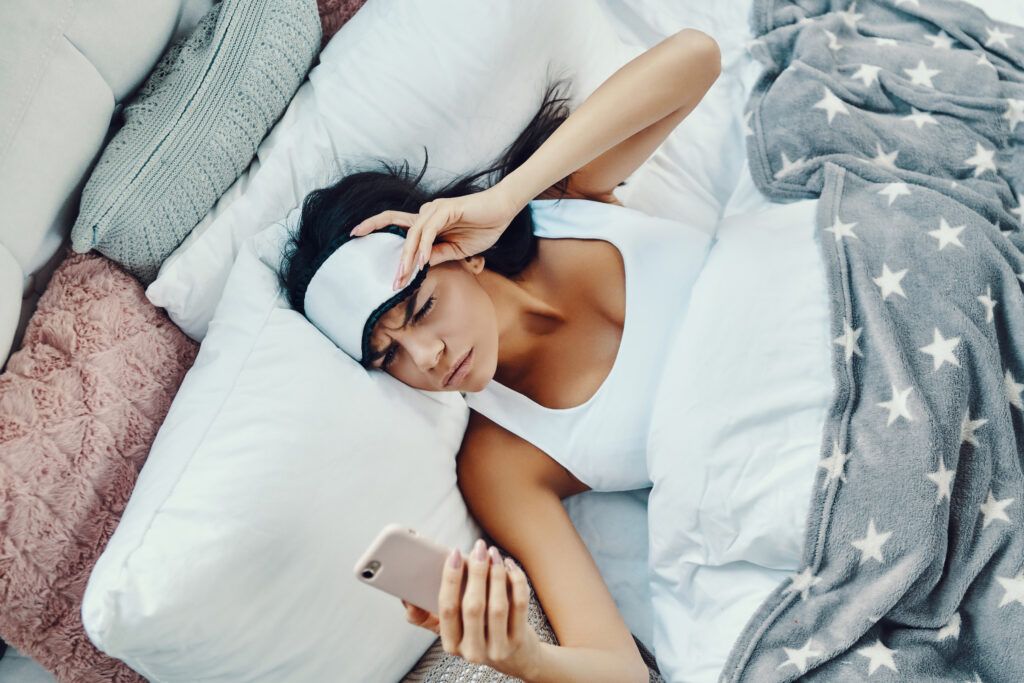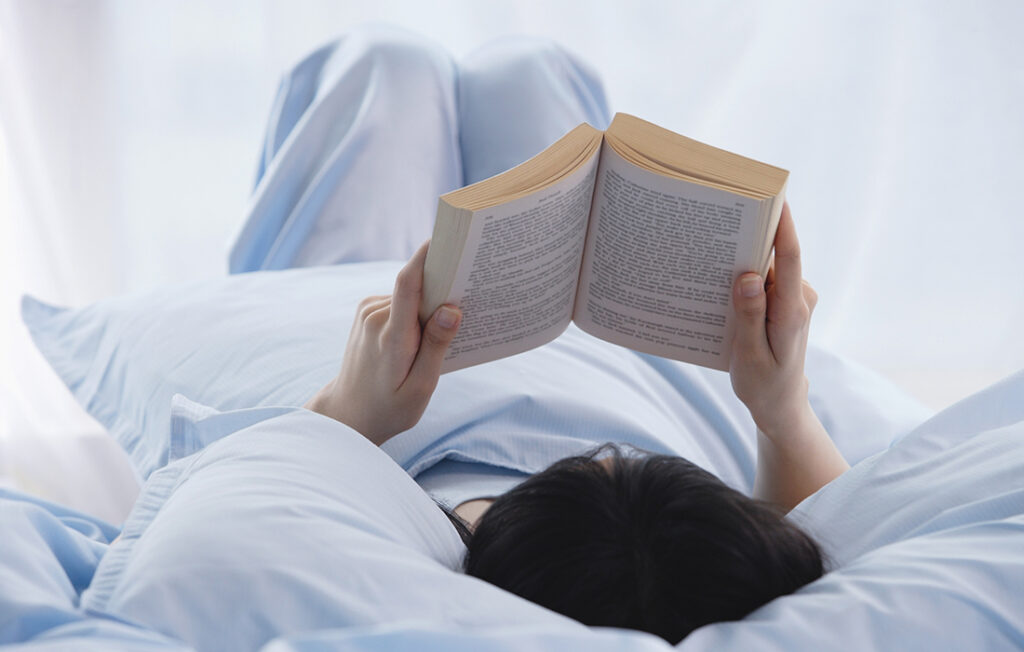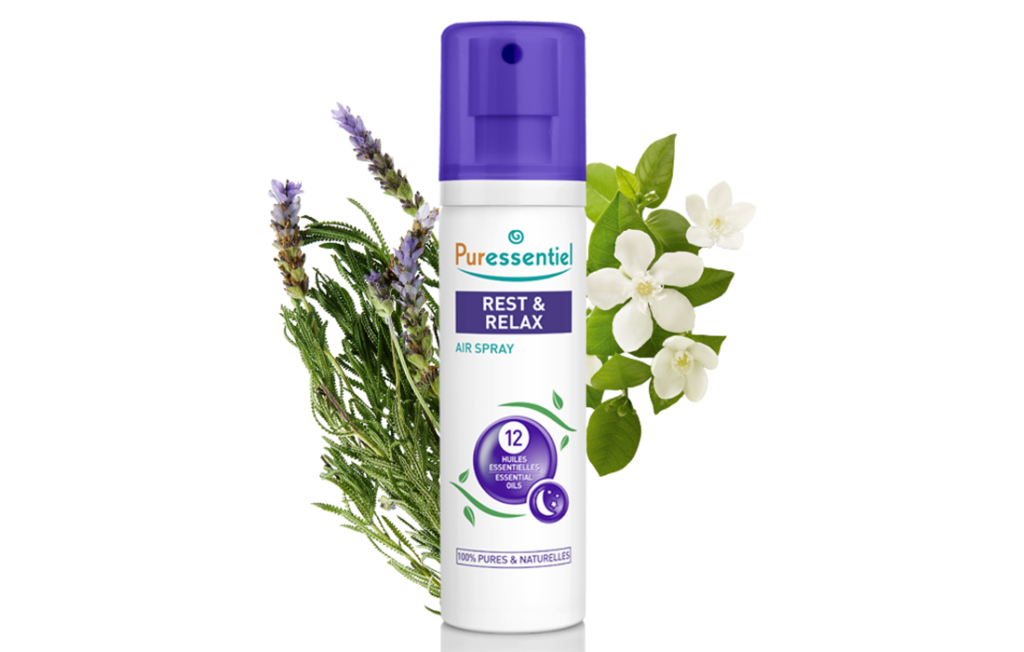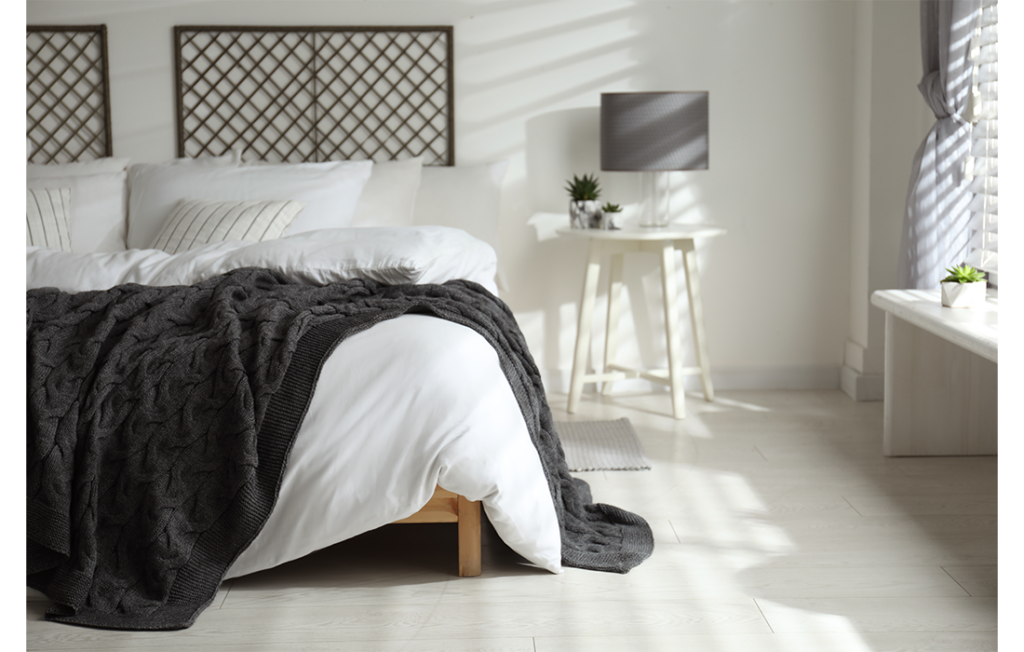How A Good Night’s Sleep Can Boost Your Immune System
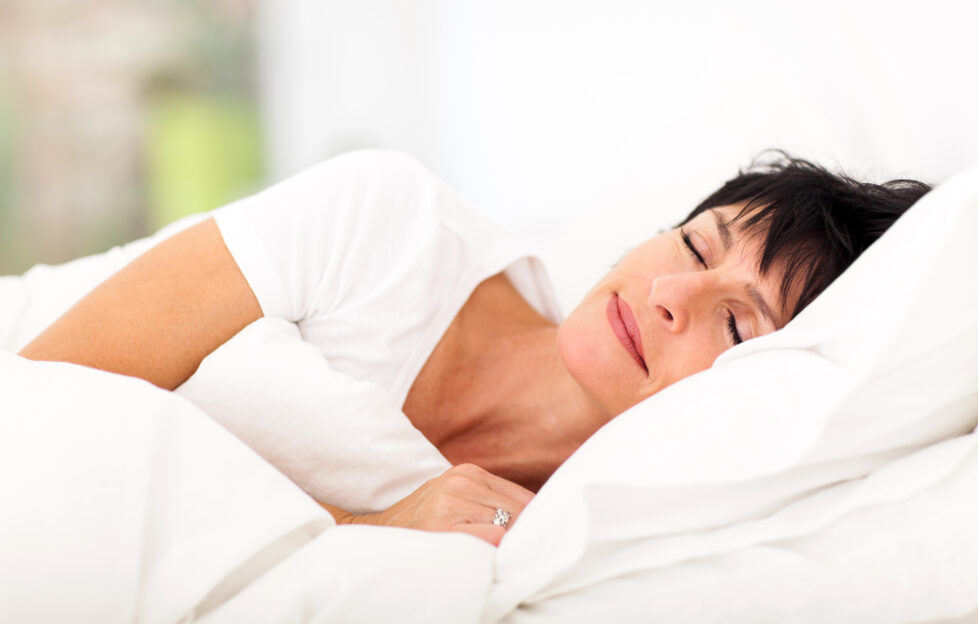
GP, Dr Nisa Aslam from Puressentiel – the brains behind evidence backed essential oils – says: “Your body needs sleep to keep your immune system functioning correctly. Studies show that people who don’t get quality sleep or enough sleep are more likely to get sick after being exposed to a virus, such as a cold virus. Lack of sleep can also affect how fast you recover if you do get sick.
“Addressing any sleep problems can help protect your physical and mental wellbeing and help you bounce back from any illness or set-backs. How does it work? Well, during sleep, your immune system releases proteins called cytokines, some of which also help promote sleep. Certain cytokines need to increase when you have an infection or inflammation or when you’re under stress. If you don’t get enough quality sleep, the production of these protective cytokines may decrease. Infection-fighting antibodies and cells are also reduced during periods when you don’t get enough sleep. If you do manage to improve your sleep, production of these cytokines increases, as do the infection-fighting antibodies and cells. Improving your sleep in the long term can also decrease your risk of obesity, diabetes, and heart and blood vessel (cardiovascular) disease.”
How can lack of sleep or poor quality sleep affect the immune system?
“Any form of sleep problem can have a negative impact on wellbeing , our ability to function and our long-term health. There’s no doubt there is a link between quality sleep and immunity; in fact it is now known that there is a direct two-way link. It’s complicated and we still have a lot to learn, but sleep influences circulating levels of immune cells called cytokines which can affect how well our immune system functions and, conversely, some cytokines have been shown to regulate sleep. Furthermore, when our immune system encounters challenge – from a virus or bacteria, for instance – it sets off an inflammatory response which makes us sleepy, which might explain the old adage ‘sleep is the best medicine’. But if the inflammatory response is too strong or lasts too long, it has the opposite effect, and leads to wakefulness and poor-quality sleep.”
What are your top three tips for a good night’s sleep?
1 Become a creature of habit, set yourself a bedtime, and allow time to wind down. Avoid caffeinated drinks in the hour or two before you go to bed and try to avoid using tablets or mobile phones in this period too. Even watching the TV can undermine sleep patterns, so pick up a book, have a bath or listen to some music instead.
2 Lavender is proven to increase deep sleep and leave users feeling more rested when they wake and clinical trials confirm that Puressentiel’s Rest & Relax Air Spray improves sleep scores across five different measures. It contains a clinically proven blend of 12 essential oils including true lavender, neroli and sandalwood. Spray a little into each corner of your bedroom, onto your pillow or onto a handkerchief placed on the bedside table.
3 Make sure your bedroom is sleep-friendly – comfortable, not too hot, cold, bright, or noisy. If you need to, try and invest in some thick curtains or double glazing – or you could try ear plugs.


